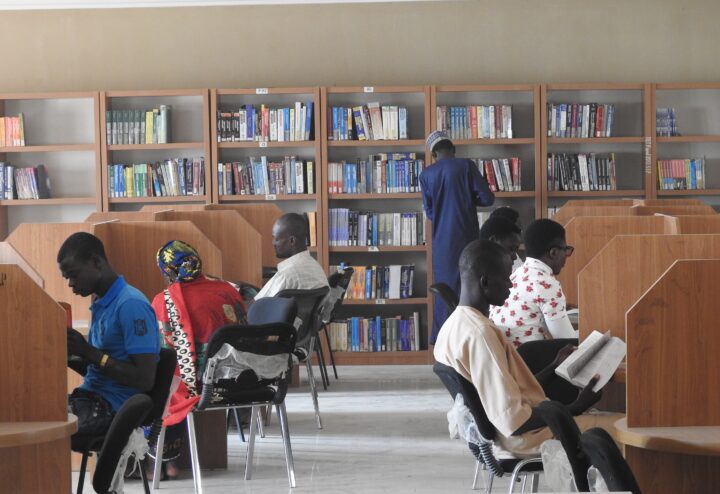The United Nations Programme on HIV/AIDS (UNAIDS) says the newly-discovered Human Immunodeficiency Virus (HIV) variant does not represent a major public health threat.
Last Thursday, scientists announced the discovery of a new “highly virulent” strain of HIV in the Netherlands.
They referred to it as the subtype-B HIV-1 and dubbed it the VB variant.
The study said people living with the new HIV subtype experience double the rate of immune system decline (CD4 count), have higher HIV viral loads (amount of virus in the blood) and are vulnerable to developing AIDS two to three times faster after diagnosis than if they were living with other strains of the virus.
Advertisement
In a statement on Monday, UNAIDS said the HIV pandemic continues to take a life every minute and scientists have long worried about the evolution of new, more transmissible, variants of HIV.
It, however, said the newly identified variant “does not represent a major public health threat but underscores the urgency of speeding up efforts to halt the HIV pandemic”.
“HIV remains the deadliest pandemic of our time—an estimated 79 million people have become infected with the virus, for which there is still no vaccine and no cure,” the statement reads.
Advertisement
“Some 36 million people have died from AIDS-related illnesses since the start of the pandemic and 1.5 million people were newly infected with HIV in 2020. Of the 38 million people living with HIV today, 28 million are on life-saving antiretroviral therapy, keeping them alive and well and preventing transmission of the virus.”
According to the statement, Eamonn Murphy, UNAIDS deputy executive director, programme said 10 million people living with HIV worldwide are not yet on treatment, fuelling the continued spread of the virus and potential for further variants.
“We urgently need to deploy cutting-edge medical innovations in ways that reach the communities most in need. Whether it’s HIV treatment or COVID-19 vaccines, inequalities in access are perpetuating pandemics in ways that harm us all,” he said.
Advertisement






